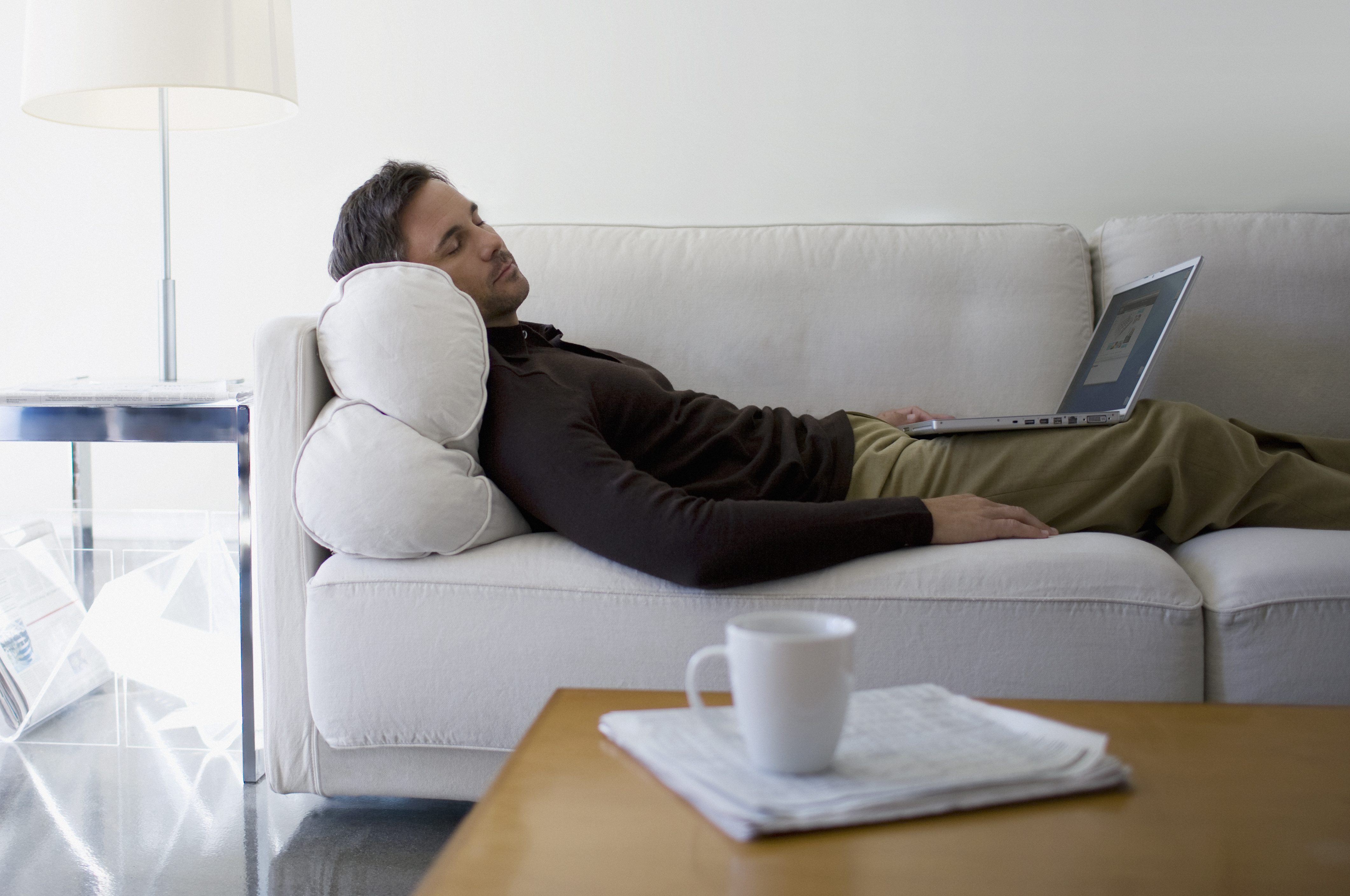Napping has become essential for many of us to get through the day. Whether you’re working, in school, or at home with the kids, research has shown that a short nap can really give you the added energy boost you need.
In fact, a 20 to 30-minute snooze can improve your thinking and physical coordination, according to Michael Grandner, Ph.D., director of the Sleep and Health Research Program at the University of Arizona.
But to give you even more of a revitalizer in the middle of the day, several studies have claimed that drinking coffee before a short nap can boost your overall performance, health, and alertness. They’re called ‘coffee naps.’
Though it seems counterintuitive, the strategy is to drink a cup of coffee (green or chai tea also works) followed by a 20 to 30-minute nap. The caffeine takes roughly 30 minutes to reach its peak levels so before it hits your system, you should be able to fall asleep.
Sleep blocks your brain’s adenosine receptors, a chemical that causes drowsiness, causing you to feel refreshed when you wake up. Caffeine has a similar effect in that it blocks the same receptors of the sleepy chemical, according to cnet.com.
When sleep and caffeine act together the benefits are multiplied explaining why ‘coffee naps’ have been proven to work, according to several studies done in the last 10 years.
In 2003, a study in Clinical Physiology found that a nap combined with coffee was the best revitalizer. Ten adults were placed into five groups each of which tried a different intervention during their assigned tasks for the study.
One group washed their faces, another was exposed to bright light, another took a 20-minute nap, one group rested, and the fifth group took 200 mg of caffeine with a nap. This group showed the greatest increase in overall performance.
A 1997 study from Psychophysiology found that coffee naps improved productivity. The study tested 12 participants’ driving abilities who were experiencing sleepiness.
Compared to those individuals who just took a nap, the study found that those who took an added 200 mg of caffeine before their nap were more alert and experienced reduced sleepiness. As a result, fewer incidents occurred during their driving test.
Before trying a coffee nap, it’s important to note you shouldn’t replace coffee with sugary drinks like soda. Dr. Partha Nandi of Detroit ABC also suggests avoiding coffee naps after 3 p.m. as to not interfere with your regular sleep schedule, which could lead to health issues down the line.
And if you have an upset stomach or are sensitive to stimulants like caffeine, this strategy may not be right for you at all.


